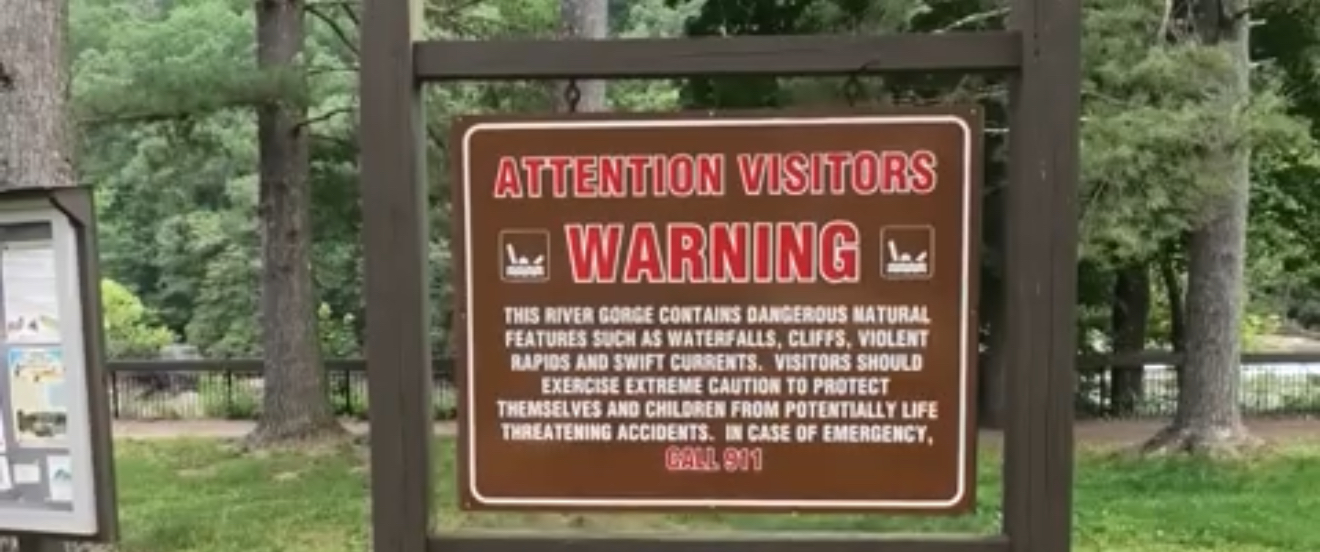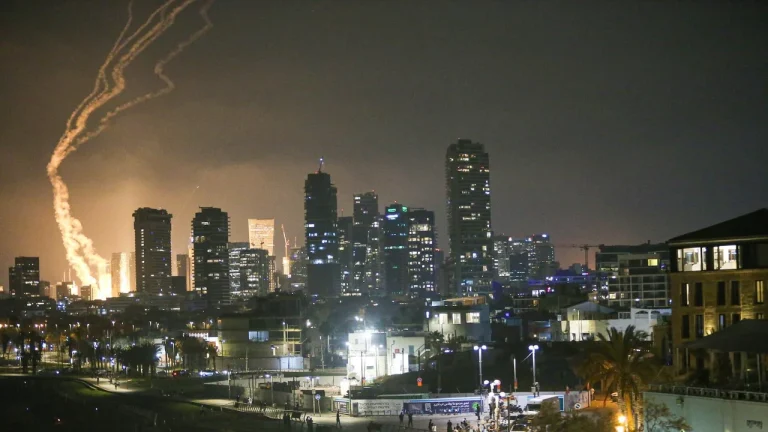
By Staff Writer
The Independent Penn
Published: June 14, 2025
FAYETTE COUNTY, PA — A tragic incident unfolded Friday evening in Ohiopyle State Park when a man drowned in the Youghiogheny River near the Great Allegheny Passage trail. Emergency responders were dispatched just after 6:30 p.m., and the victim was pulled from the water shortly after. His name has not yet been released, pending family notification.
This heartbreaking loss is a sobering reminder of the power of nature and the importance of safety, especially around bodies of water like the Youghiogheny River, which is known for its swift currents, hidden undertows, and sudden depth changes. Despite its natural beauty, the Yough has claimed several lives over the years—many of them experienced hikers, swimmers, or paddlers who underestimated the river’s strength.
According to park officials, Ohiopyle State Park sees more than 100,000 visitors annually. It’s a treasured destination for families, adventurers, and outdoor enthusiasts from across Pennsylvania and beyond. But with its growing popularity comes a responsibility to ensure that the public understands the very real risks.
Many areas of the river are not designated for swimming. Even experienced swimmers can be overwhelmed by the river’s unpredictable currents. Rocks, debris, and cold water temperatures can all contribute to dangerous situations, especially when safety precautions are not followed or warning signs are ignored.
Here’s what you should know before visiting the river:
- Stay in designated recreation areas. Not all parts of the river are safe for swimming or wading.
- Wear a life jacket. Even strong swimmers can be caught off guard by sudden drops or fast-moving water.
- Heed warning signs and barriers. These are placed for your protection.
- Avoid alcohol or impairing substances near water. Judgment and coordination are essential in natural environments.
- Keep children supervised at all times. Water rescues can take just moments—and often come too late.
The Fayette County community is no stranger to these tragic events. Each time, the pain ripples outward—from first responders and witnesses to grieving families and entire neighborhoods left wondering how such a tragedy could happen so fast.
We must ask: are we doing enough to prevent the next one?
This is not a time for blame, but for reflection—and for action. While the Pennsylvania Department of Conservation and Natural Resources (DCNR) does provide signage and limited patrols, local officials and community organizations could do more: expanded education campaigns, targeted safety outreach for tourists, and improved infrastructure in high-risk areas.
If you live nearby or visit regularly, consider supporting local safety initiatives or advocating for increased seasonal staffing. If you’re unfamiliar with the terrain, ask park rangers or guides for advice. When it comes to nature, respect is the best form of protection.
Our thoughts and prayers are with the victim’s loved ones during this painful time. His passing is not just a personal loss—it’s a call for all of us to be better stewards of our parks, and better neighbors to one another.
Let this tragedy be the last of its kind this summer. Let’s learn. Let’s prepare. And above all, let’s never take a day on the river for granted.




